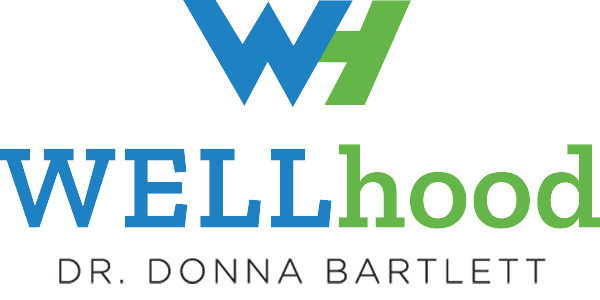
Independence
July 4 is the very special day that the USA became independent. It took many years for that to finally happen much like an infant, child, young adult to an independent adult.
What is independence?
It may mean different things to different people. It may mean that they are living on their own, supporting themselves, and do not need to rely on anyone in daily activities.
Someone may think that finally driving allows for independence.
Others may think it’s when they reached their degree and can work / practice independently, without supervision.
Being independent means, “You can!”
But what happens when we cannot?
What causes loss of independence?
Loss of independence can be due to many reasons including an injury, cognitive deficits, frailty, and certain health conditions.
Injury can be due to falling, a multifactorial happenstance, that could result in broken bones, sprains, and traumatic brain injuries. Falls and injuries can lead to hospitalizations and short-term rehabilitation needs.
Cognitive deficits can cause inability to reason well and forgetfulness that may result in potentially hazardous situations such as car accidents, incorrect use of power tools, unattended oven units, and inability to pay bills correctly.
Frailty is based on one’s fitness and ability to care for themselves. Increased frailty results in lack of movement and stability and inability to successfully manage daily activities of living such as dressing, cooking, cleaning, bathing, and toileting. Frailty is often a progression, but frailty can also improve so that one becomes less frail!
Certain health conditions can result in loss of independence depending upon severity or how well a condition is managed. Some conditions that can increase loss of independence includes Parkinson’s, multiple sclerosis, breathing disorders, uncontrolled diabetes, Alzheimer’s, and mental health conditions. There are of course many more, however, if a condition is well controlled then independence can be maintained.
How can one be proactive to stay independent?
A proactive approach to staying independent is to consider health optimization including medication deprescribing and optimization, working with an exercise physiologist to learn how to move better to keep balance and strength, healthy food choices, socialization, engagement in activities, community, or area of expertise.
Medication deprescribing and optimizing or taking only medications that are necessary is an important first step. Your body changes over the years, taking the same medication for decades may no longer be necessary or needed. Taking over-the -counter medications and supplements may be your way of self-treating side effects to medications that you may not realize are from a medication.
Exercising has gotten a bad rap and makes people think they are too old to exercise, or would not find it fun. Learn to move to function and stay functioning no matter how long it’s been since you last exercised. You will be amazed at the small strides that can add on well-being and independence.
Healthy eating is way to fuel the body, eat the rainbow! Yes, the more colors you eat in a day the more nutrients you will get. Make eating a nutritious game. Consider the Mediterranean Diet that is full of colorful foods, and my favorite bread/grains and olive oil too!
Socialization is indeed a must! Be active and engaged. Life changes, but adapting to change can be beneficial. Too expensive to go out to eat? Invite someone to dinner. Haven’t talked to someone in a while, reach out. Get involved with the local senior center or community center, a read to children program, tutor students, see a local school concert, start a book club. Join an exercise group, class, walking club, hiking club. The sooner you stretch into these opportunities the sooner you will get comfortable engaging. It’s not easy but it’s so worthwhile!
To learn more and to be proactive with staying independent:
- Review the resources that are available by clicking above.
- Listen to The Med List Podcast.
- Read MedStrong – Shed Your Meds for a Better Healthier You!
- Take action with the MedStrong Workbook!


0 Comments